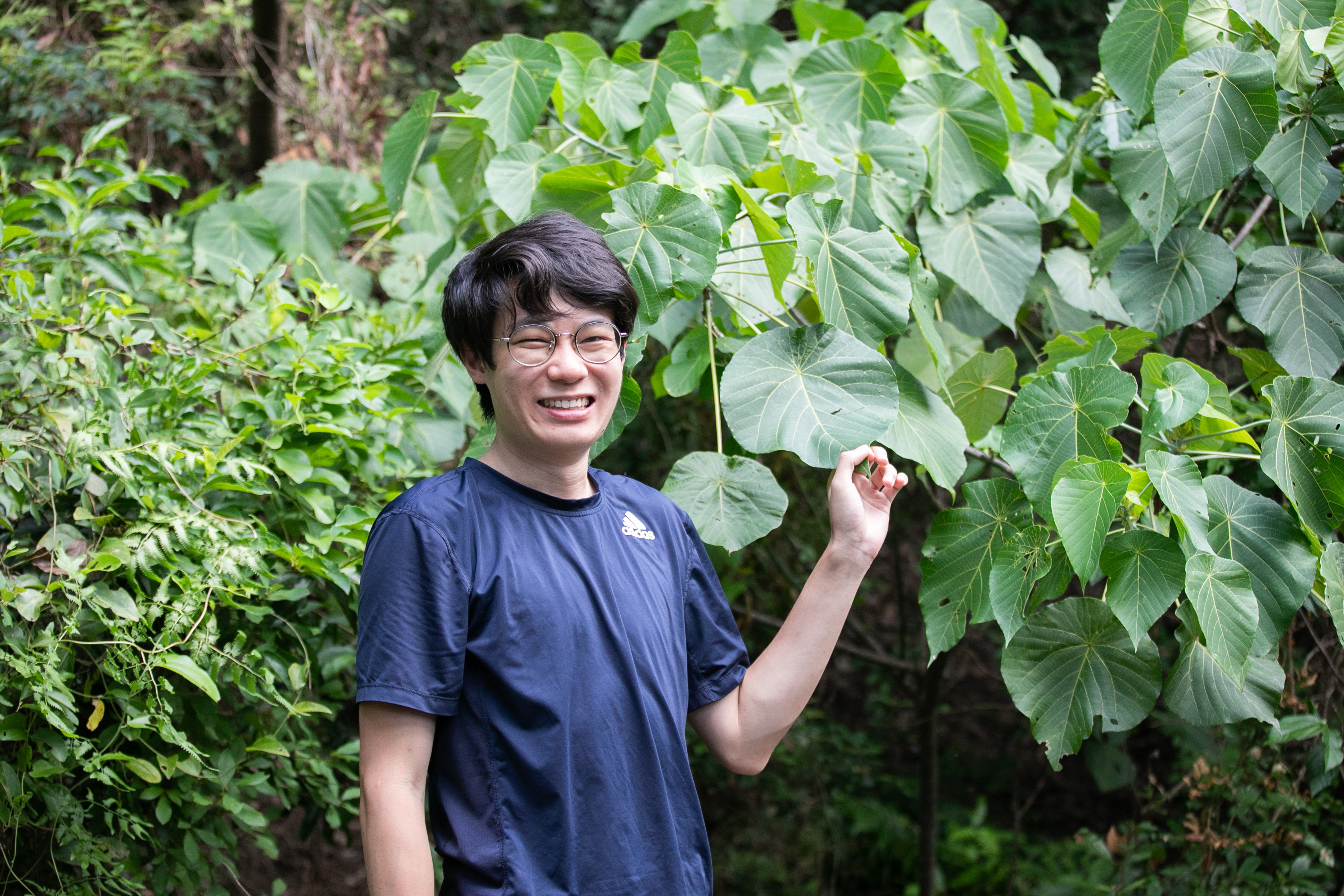
3 minute read
Research interests take a scientific turn
Graduate student Desmond Tan Kai-teck took a bold step when deciding to switch from English to environmental science, but it has paid off with the recent award of a coveted Sir Edward Youde Memorial Fellowship. His current research focuses on harvestmen, little-known creatures from the family of arachnids, or spiders, and it is leading to some amazing new insights.
What were the challenges and rewards of changing your field of study?
I have always had an affinity for science, particularly biology, though I love English too. Obviously, I had to “relearn” a lot of the basic theories and terminology, some of which were familiar from secondary school, but also pick up lab work techniques and understand how to conduct experiments and write reports. The transition was made easier, though, by being an intern under Prof Jonathan Fong of the Science Unit in my final undergraduate year. He showed me the ropes concerning scientific study and practices.
What happened after that?
I remember my first project was using environmental DNA to test for the presence of an endangered species of eel in Hong Kong’s wet markets. The objective was to see if there was any illegal consumption of protected species going on locally. This was an opportunity to learn a lot of basic science fairly quickly, although I do still struggle to name all the animals I see in the wild.
When did you first come across harvestmen?
My first encounter was about six months before starting my MPhil. I was working as a full-time research assistant while looking out for a topic of interest. Helping colleagues out in the field improved my knowledge of wildlife in Hong Kong’s woodlands, and on one such trip a spider-like creature crawled on to my hand. It had disproportionately long legs, two round eyes set atop some kind of stalk, and a rounded body with no segments. I thought it looked extremely weird and was possibly an unknown species of creepy-crawly, but a colleague mentioned harvestmen, saying not much was known about them. I told my supervisor, who was incredibly supportive, and have since made it my mission to learn more.

For you, what is the main appeal?
Up close, they are really adorable, and they are not difficult to find, being quite widespread in Hong Kong. Also, the biodiversity among harvestmen is pretty extensive, so there is a lot to uncover because this is a relatively unexplored field in Asia. That can make it difficult to decide on research methodologies and standards and, at times, I am resuming lines of inquiry that first began almost a century ago. Fortunately, I have had help from Dr Zhang Chao, a professor at Hebei University and Lingnan’s Prof Fong on better ways to capture harvestmen and study them.
What have you set as the next objective?
The ultimate goal is to set up a checklist for harvestmen in Hong Kong. That means discovering and describing all the species found here. With more funding and, hopefully, continued support from Lingnan, we will be able to extend the study to Mainland China and perhaps even to other countries in Southeast Asia by collaborating with taxonomists there. At present, we are pitching proposals for further funding and, if we succeed with that and can carry on, Lingnan will be one of the few universities in the world conducting in-depth studies on harvestmen and maybe other arachnids too.










